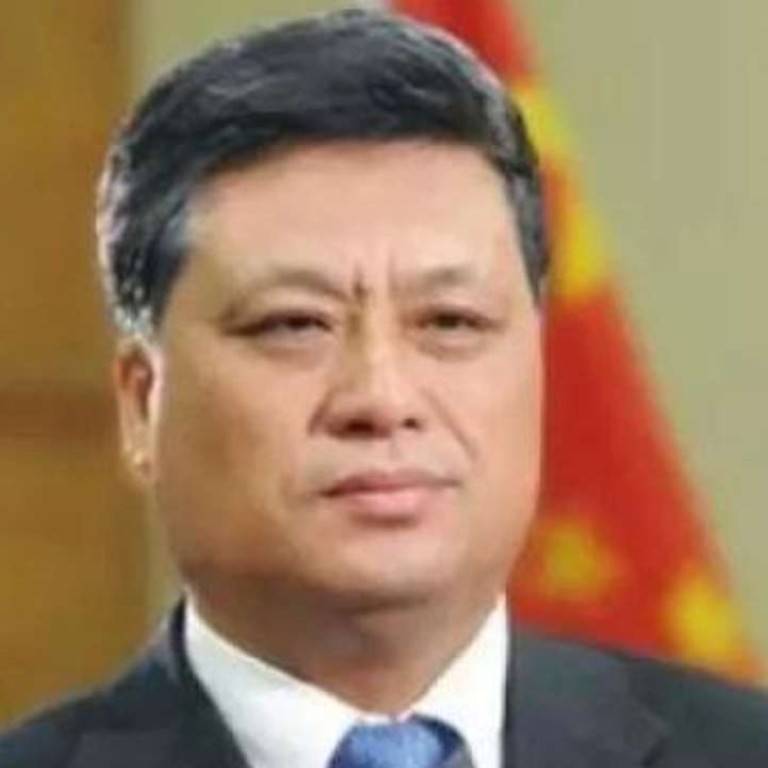
China hi-tech hub chief promoted to Guangdong governor
Party chief of Shenzhen Ma Xingrui to take over as acting governor
The Communist Party’s top official overseeing the hi-tech hub of Shenzhen was on Friday named acting governor of Guangdong, in the latest reshuffle ahead of next year’s party congress.
The appointment of Ma Xingrui to replace Zhu Xiaodan breaks a long-held tradition that governors of the economic powerhouse were usually officials with a strong local political base. His promotion is another instance of officials with strong backgrounds in technology being given some of the most influential political roles in the country.
A brief report by Xinhua said the appointment of Ma was made at a session of the Standing Committee of the Guangdong Provincial People’s Congress.
Ma, 57, a Shandong-born son of a miner, was named deputy party chief of Guangdong in
2013, leaving the China National Space Administration, where he led the Chang’e-3 lunar
programme.
His extensive background in the aerospace industry was one reason why he was made party chief of Shenzhen, where some 8,000 tech companies are based and about 4 per cent of gross
domestic product is invested in research and development.
Li Wei, an assistant political affairs professor at Chinese University, said: “China’s exports were largely driven by low-cost and labour-intensive industries, which have moved to Southeast Asia. China will rely on officials with talents in technology to maintain its standing in international political and economic areas.”
Three of Guangdong’s five governors since 1985 – Ye Xuanping, Lu Ruihua and Huang
Huahua – have been natives of the province.
Zhu Senlin, a Shanghai native, spent four decades in Guangdong before being named governor in 1991. Zhu Xiaodan is a Zhejiang native, but he was born in Guangdong and his career in the province dates to 1971.
Peng Peng, a researcher at the Guangzhou Academy of Social Sciences, said the selection of Ma to lead Guangdong showed the central authorities wanted to try to increase control over the
province.
“Ma is not affiliated with political factions, including those surrounding former presidents Jiang Zemin and Hu Jintao,” Peng said.
Ma faced his first political crisis in December last year when a massive landslide of construction waste and dirt swept over dozens of buildings in an industrial park in Shenzhen, killing 73 people.
He and Shenzhen Mayor Xu Qin were both criticised by the State Administration of Work Safety for failing to “efficiently supervise the Shenzhen government and relevant departments to undertake responsibilities in production safety”.
There were no details of what Zhu Xiaodan would do next. But sources said he might join an
advisory committee with the
National People’s Congress.
Another source said Xu Qin was a strong contender to be named the city’s party chief.
In another reshuffle, Zhang Guoqing was named acting governor of Chongqing, replacing Huang Qifan.
Zhang, 52, is a technocrat from a military corporation with no known ties to any faction within the party.
Additional reporting by Laura Zhou




